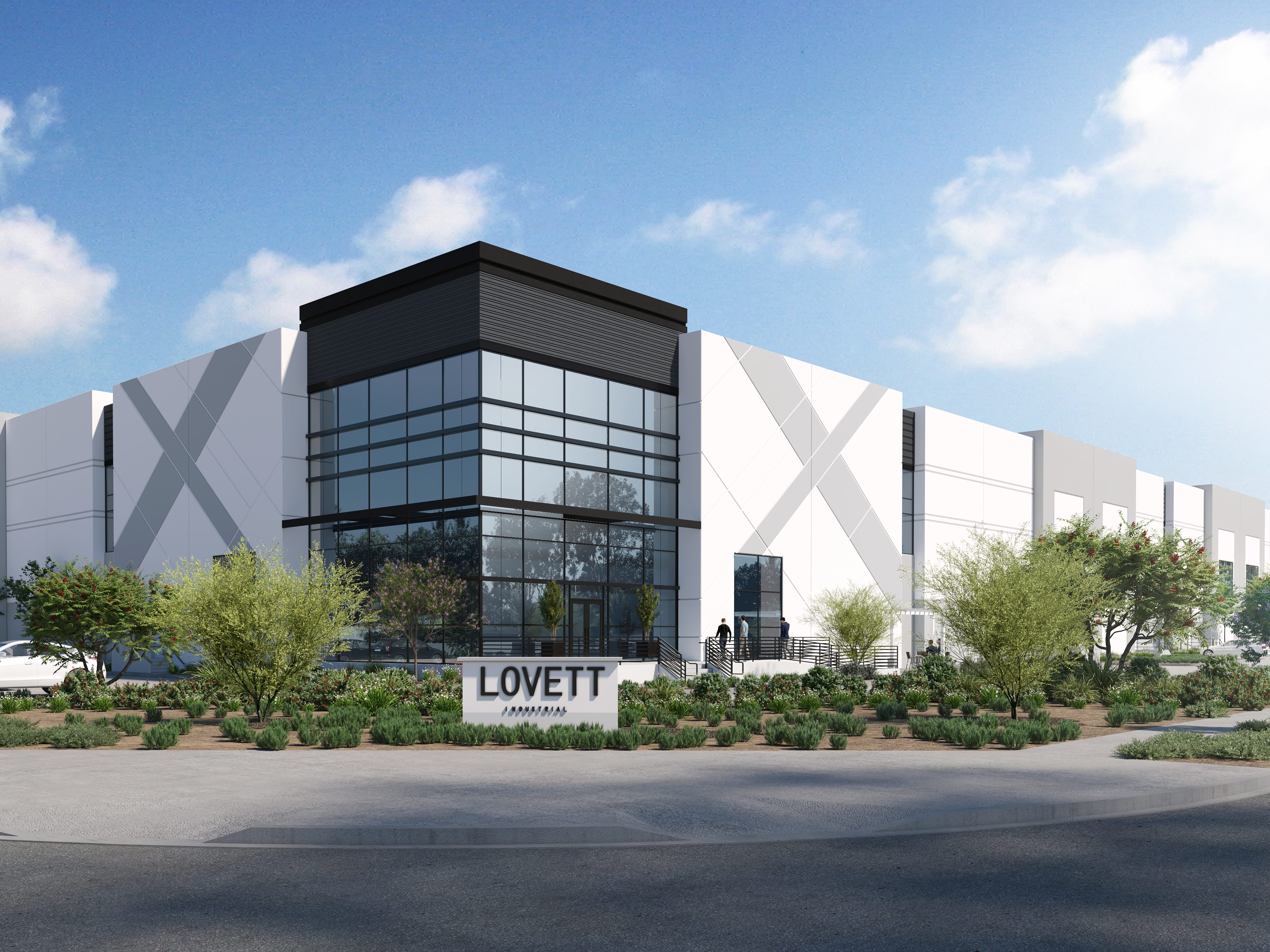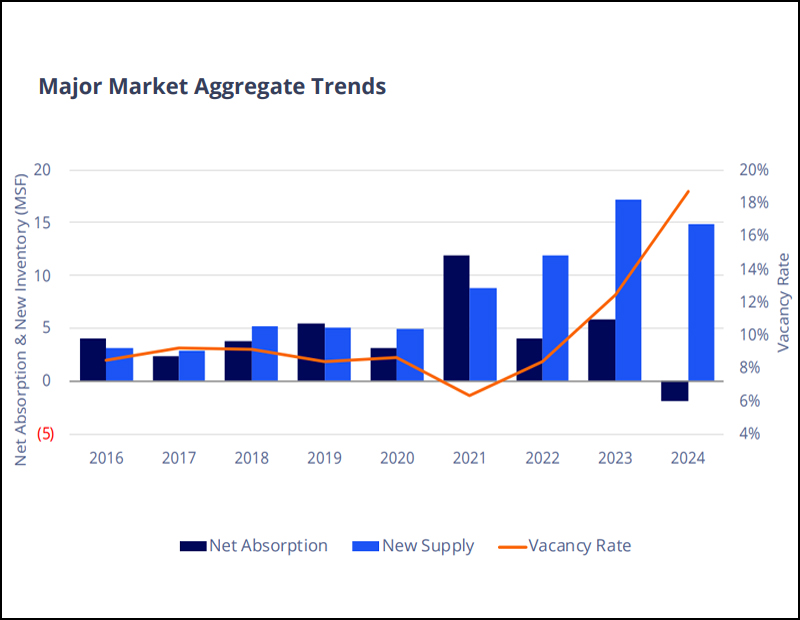Lower-Quality Net Lease Assets Hit Market
Randy Blankstein of The Boulder Group drills down into this trend in single-tenant investment.
Cap rates in the single-tenant net lease sector rose slightly in the second quarter of 2021 after hitting historic low levels in the previous quarter. Single-tenant industrial cap rates increased by 18 basis points to 6.8 percent, while office cap rates remained unchanged.
Following a quarter of historic pricing for the net lease sector, owners of lower-quality assets brought properties to the market in an attempt to take advantage of current cap rate levels. The increased concentration of lower-quality assets was the primary contributing factor for the rise in cap rates in the second quarter of 2021.
Despite a decrease of approximately 3 percent in supply of net lease assets, lower-quality assets (short-term leases and less desirable tenant credits) made up a larger concentration of the market in the second quarter. The supply of assets with long term leases to credit tenants remains limited. Accordingly, cap rate compression for these assets exists in the current market. Demand for the perceived high-quality assets heavily outweighs supply, creating an extremely competitive market for these properties. In the second quarter, the bid-ask spread for net lease industrial assets decreased by 4 basis points.
Significant competition for a limited amount of assets caused investors to seek alternatives in net lease. In a search for yield, some net lease investors have shifted focus to shorter-team leases in the first half of 2021. The increased demand for net lease assets has provided a boost to liquidity for more speculative assets.
Transaction activity in the net lease sector will remain active through 2021. However, the supply pipeline will determine whether transaction volume will outpace 2020 or even the high-water mark of 2019. The industry will pay careful attention to possible tax code changes, including the current administration’s proposed elimination of the 1031 exchange, and the potential impact of those changes on real estate and investment strategies.
Randy Blankstein is president of net lease advisory firm The Boulder Group








You must be logged in to post a comment.